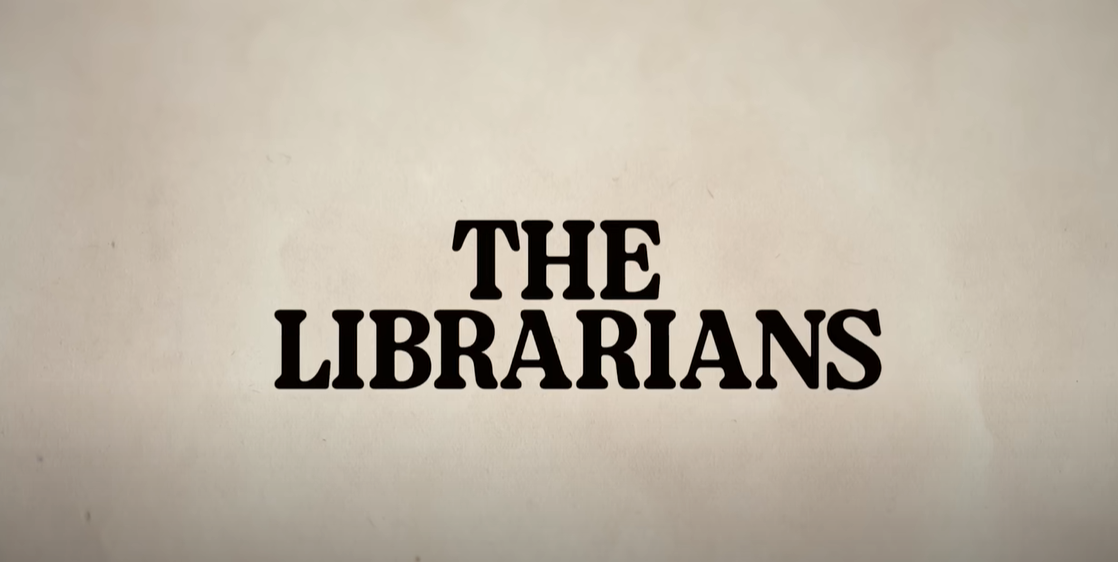Public Libraries
The U.S. Supreme Court has declined to hear Leila Green Little et al. v. Llano County, the lawsuit challenging the Texas county library’s removal of 17 books featuring content on sexuality, gender, and racism.
Calling the documentary an Oscar contender, Deadline reported that The Librarians will headline the PBS' Independent Lens series.
The Missouri law, which created a misdemeanor offense for school employees that supply “sexually explicit material” to students, is now void; Tennessee closes public libraries for review demanded by the Tennessee secretary of state.
Joanna How and Caroline Kusin Prichard had arrived to speak about their book The Day the Books Disappeared when they were asked to alter their presentation; Maryland state school board overrules Harford County’s decision to remove Flamer; Utah bans 19th book from all schools; and more.
The Arkansas district instructed staff on how to block student access to 50 titles; the Alabama Public Library board wants to ban books that “positively” depict trans lives; Texas district reopens school libraries; and more.
New Braunfels ISD is using SB 13 to shut down middle and high school libraries during reviews; groups ask Supreme Court to review Little v. Llano County decision; and more.
Some students in North Carolina will no longer have access to their public library through their school ID; Florida appeals Penguin Random House v. Gibson decision; book ban debates in Nevada and Iowa; and more.
The film—which documents librarians across the country fighting back against censorship attempts and personal and professional attacks—will hit U.S. theaters in October.
Iowa District Student IDs Will Allow Access to Public Library Without Restrictions | Censorship News
Des Moines (IA) Public Schools students can use their student IDs as library cards and avoid school library book restrictions; North Carolina district changes book policy to meet new state law and changes to Title IX; Maryland community protests removal of Flamer from district; and more.
ALREADY A SUBSCRIBER? LOG IN
We are currently offering this content for free. Sign up now to activate your personal profile, where you can save articles for future viewing


